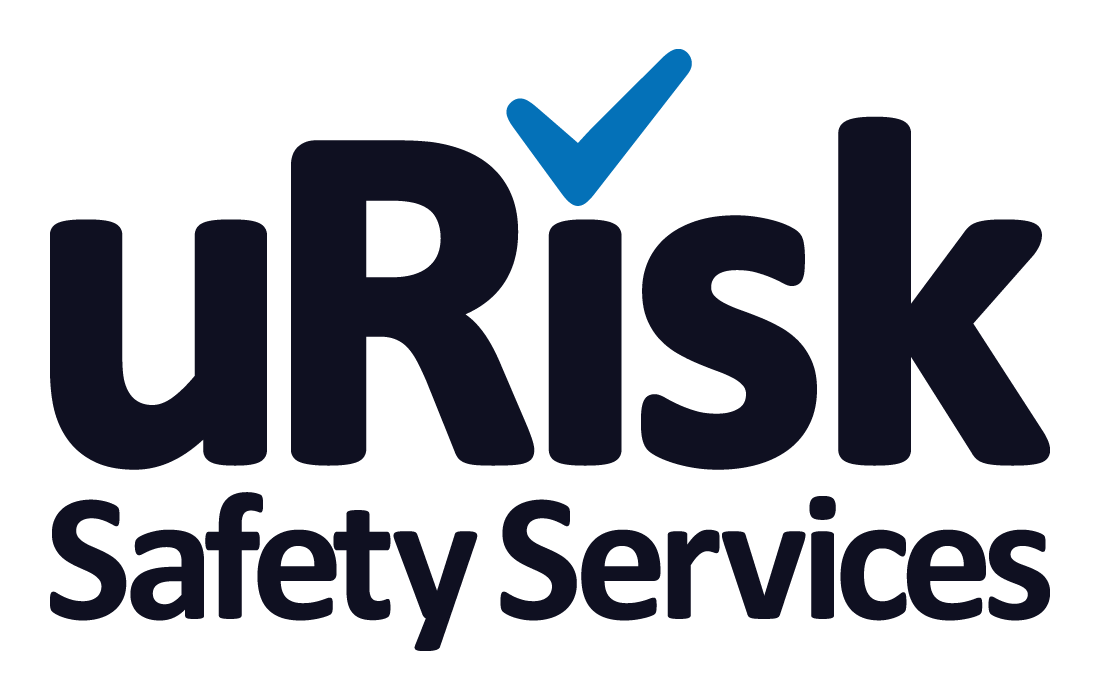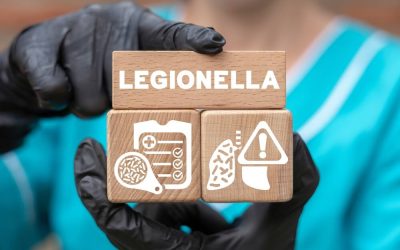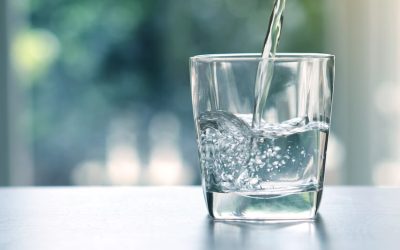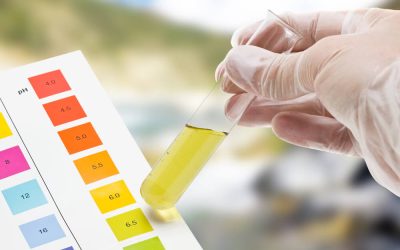No Results Found
The page you requested could not be found. Try refining your search, or use the navigation above to locate the post.
5 Questions About Water Safety in Schools
When it comes to water safety, the Covid-inspired lockdowns demonstrated the dangers of leaving schools unused for long periods of time. While most schools were welcoming back students last June, some had to remain closed for longer to take additional precautions and test for the legionella bacteria which could infect vulnerable students and staff members and lead to the potentially fatal Legionnaires’ disease.
It’s therefore important to take measures to ensure the overall safety of the water in your school to protect everyone from a range of waterborne dangers, including the legionella bacteria. We thought this would be a good opportunity to answer some of the questions our clients in the education world ask us.
1. Do Schools Need to Flush Taps When on School Holidays?
The legionella bacteria thrives in stagnant water that’s between 20oC and 50oC. In the long summer holidays, when the school is left virtually empty for six weeks and the weather is warm, conditions couldn’t be better for the bacteria! During term time, there is more than enough activity to ensure the circulation of water through the system to ensure risks stay very low, but the holidays are of concern.
It is, therefore, an important precaution to run all the taps and flush all the lavatories in your school at least once a week during the long summer holidays to prevent stagnation and the possibility of legionella bacteria finding optimum conditions in which to thrive.
2. What is a TMV?
TMV stands for a thermostatic mixing valve. It’s a useful safety device because it allows you to heat your school’s hot water to a temperature of 60oC (which is the temperature it needs to be at to prevent legionella and other bacteria from breeding) but prevent scalding when someone needs to wash their hands or have a shower. TMVs are fitted as near as possible to taps and act as a conduit for mixing hot and cold water to ensure that the hot water is at a safe temperature when it reaches the tap. Regular TMV servicing is a must if you have them installed on your property. TMVs are not always necessary, but if you have very young children or children with special healthcare needs at your school, they can be a valuable safety measure.
3. Who Should Test for Legionella in Schools?
The safest person to test for legionella is a trained specialist who can be hired to do your Legionella Water Testing for you. However, if you just want to double-check localised areas, you can take your own samples using our testing kit. All water samples will be sent to UKAS accredited laboratories.
4. Should Children Drink Water From Taps?
UK regulations mean that we have some of the cleanest tap water in the world and it is safe for your students to drink tap water or water from a water fountain. State-of-the-art filtration systems, treatment and rigorous testing mean even water from the River Thames is safe to drink when it comes from the tap. (Although it may not be your first choice.)
Water from the tap at school will be no different to the water you get from the tap at home, as long as your school does not have lead pipes.
Some people believe that bottled mineral water is better for you than tap water, but that too will have gone through the same filtration and treatment as tap water before it’s bottled, so there’s no difference in the quality. However, there is a huge difference between bottled and tap water when it comes to ecological impact – the plastic bottles, packaging and transport involved in getting mineral water from the spring to each child’s school bag is far greater, not to mention the fact that many of those bottles will end up in landfill or polluting rivers and oceans. If your students are concerned about their impact on the environment, you need to encourage them to use refillable bottles.
5. My School Has Lead Pipes, is This Safe?
Lead pipes are a serious health concern as a lead will leach from the pipe and into the water supply. If ingested, lead poisoning can cause serious health problems for children, including fatigue, abdominal pain, hearing loss and even learning difficulties. A recent science project undertaken by students around the country uncovered 14 schools that had five times the safe limit of lead in their drinking water – those schools now need to take urgent measures to replace their lead pipes. If you have any concerns about the pipes that supply your school’s drinking water, contact a plumber, or book a water risk assessment.
Legionella and Water Hygiene Blog Posts
What Is a Legionella Course, and What Does It Entail?
Training courses are an important part of any job, and not just as a way of enhancing your professional skills. Under health and safety law, learning how to keep your staff and visitors safe is a vital part of your business responsibilities, and legionella courses are...
Essential Legionella Course: Prevention and Control Strategies
Under UK health and safety law, the management and control of legionella is an essential part of the duties of building owners, duty holders, facilities managers, employers or responsible persons. It is a duty holder’s responsibility to ensure there are adequate...
Certified Water Chlorination Courses: Your Path to Water Safety
Chlorination is an important part of cleaning and disinfection in cold water systems. But chlorine needs extremely careful handling, so any legionella disinfection course must include a basic understanding of chlorination chemistry, chlorination methods and chlorine...



